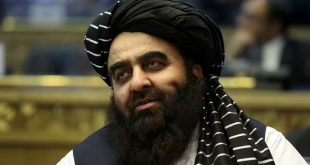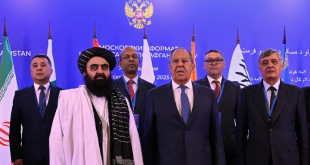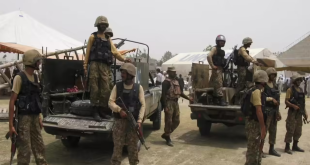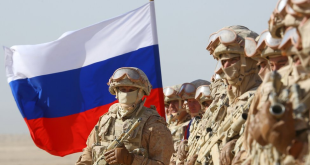KABUL – Five years after the landmark Doha Agreement, Anas Haqqani, a senior Taliban leader, has publicly called the deal the “defeat of the United States” and the rightful transfer of power to the Islamic Emirate of Afghanistan. Haqqani highlighted that the agreement’s primary aim was to achieve power through negotiation, but the unexpected flight of former President Ashraf Ghani drastically altered Afghanistan’s political landscape.
Haqqani emphasized that despite years of conflict and hostile rhetoric, the U.S. was ultimately forced to negotiate with the Taliban—a group it once branded as terrorists. He described the agreement’s signing as “the signature of their withdrawal” and a historic moment marking the end of America’s two-decade military presence in Afghanistan.
Political analysts, however, warn that many U.S. commitments under the deal remain unfulfilled. Restrictions, sanctions, and blacklists targeting the Taliban leadership continue, signaling ongoing tensions despite the formal end of U.S. combat operations.
Signed in Doha on February 29, 2020, the agreement called for a full U.S. troop withdrawal in exchange for Taliban security guarantees and intra-Afghan talks. While hailed by the Taliban as a victory, the pact has left Afghanistan grappling with an uncertain future amid ongoing sanctions and diplomatic isolation.
 Afghanistan Times Latest News and Analysis from Afghanistan and the Region
Afghanistan Times Latest News and Analysis from Afghanistan and the Region




